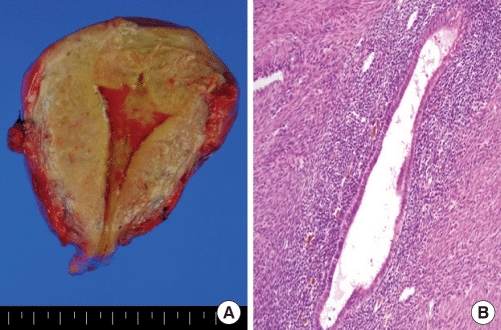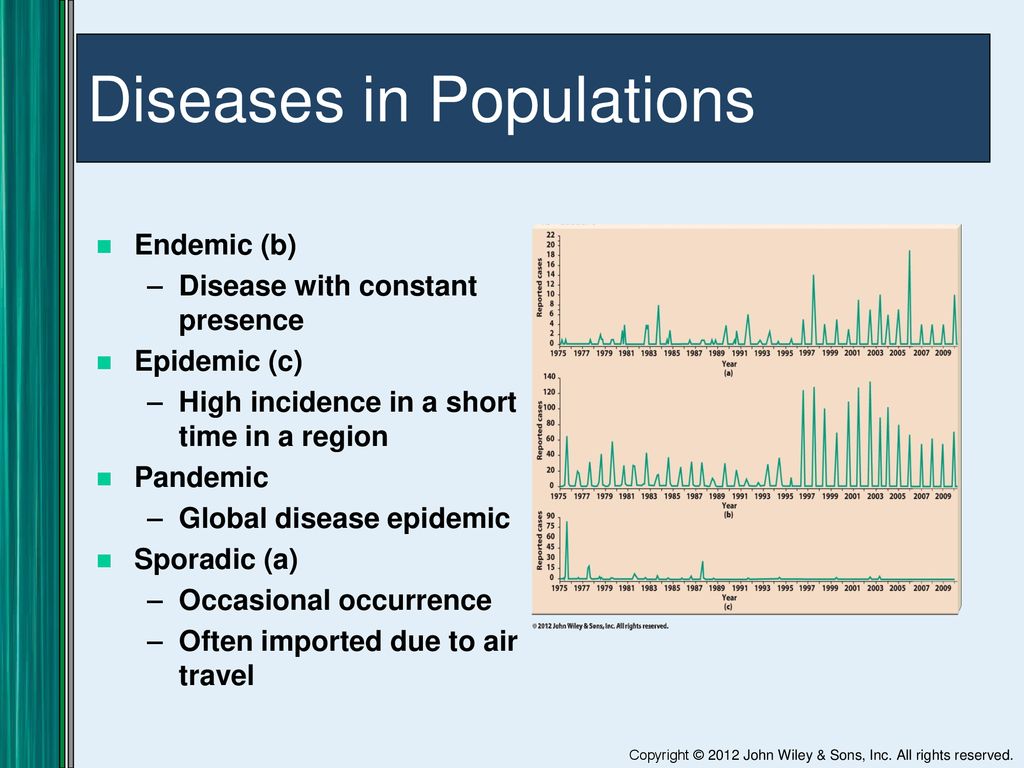It's a typical Monday morning, start of a new work week. The freeway is packed with the normal rush hour traffic and it's bump and grind. Then you hit a big fender bender rubber necking free for all. You are delayed by twenty minutes in a traffic jam. You arrive late to work by fifteen minutes.
Your supervisor sends you a response to your 'I'm here' email. You have one quarter of an 'occurrence.' Now your Monday morning just got a little more stressed as your attendance is dinged.
The company policy has a three occurrences in a quarter and you are put on 'written notice' aka written up for violation of the attendance policy. Getting unsatisfactory in attendance means loss of bonus, incentive, and the de facto overlook of anything else you are doing well on the job.
Occasional Occurrences, L.L.C. Is a Maryland Domestic LLC filed on March 27, 2017. The company's filing status is listed as Active and its File Number is W17894817. The Registered Agent on file for this company is Larry Youngblood and is located at 122 Foxview Drive, Glen Burnie, MD 21061. AP English Language Hoff/Marks 2020-2021 Occasional Papers Occasional Papers are written on the occasion of some occurrence that makes you think.It describes the occasion and then reflects on the possible significance of the occasion. The point of an OP is to reflect on what happens in your life. An OP is read aloud in class – always. It cannot receive full credit without reading. Cystine stones frequently occur in the second or third decade of life, with an occasional occurrence in infancy and in old age. Urinary cystine excretion exceeding 250 mg/g creatinine is usually diagnostic of homozygous cystinuria. The goal of treatment is to reduce the urinary cystine concentration below its solubility limit (250 mg/l). Now this is not professional and you will get an occurrence. Then there is the occasional auto failure. As you leave for work you find out the car won't start. You pop the hood and still no luck. Occasional - Occurs sometime in career/equipment service life. All members exposed. Occurs sporadically, or several times in inventory/service life. Seldom - Possible to occur in career/equipment service life. All members exposed. Remote chance of occurrence; expected to occur sometime in inventory service life.
Point systems for attendance do not promote promptness for compliance. They are a constant reminder that though things like traffic jams, bad weather, sickness, family, flat tires, child care, etc. don't matter to the company. Life happens to everyone and no job can place a hold on that. Even the most punctual employees are bound to get zapped by such a policy, especially if it does not allow doctor's notes, as so many do.

Attendance at work is too important for anything in your life but the job to happen. Your company can put another body in your chair if need be. Policy discriminates against no one. It is an equal opportunity destroyer.
Point system attendance policies are counterproductive in getting the work done on any given day. Here are a list of a few no brainers that come to mind.
They encourage sick people to come to work. It is so important that you be at work that you should bring your nasty head cold, flu, viral pneumonia, etc. to work. Never mind that you sit at your desk looking and feeling like the 'living dead.' Being home and recovering from illness is laziness. Being at work sick is productive. It is so important that you be there to do your work and spread the illness, so other employees can catch it and show up to work and spread the sickness. Those who are actually smart and call in sick will get a full occurrence.
Having kids does not help the company bottom line either. Those babysitters and daycares that dare not take your kids for the day. Shame on them! You now have to miss work so that you can take care of your kids. Now this is not professional and you will get an occurrence.
Then there is the occasional auto failure. As you leave for work you find out the car won't start. You pop the hood and still no luck. It is off to the shop with the car and you will need to take time to assess what's wrong with the mechanic. You call in late. Another part of an occurrence to full one depending on if you can get a ride in to work.
Don't forget those occasional 'family emergencies.' Your spouse has been up all night in the bathroom practically. Eventually its time to go to the emergency room. Two hours later your spouse is having his or her appendix taken out. That will be another occurrence if you stay away from work and attend to family duties at the rate of one per business day. Forget the doctor's note excusing you because your company doesn't take them.
These examples are just a cross section of the problems that employees face each day. Why do companies insist on trying to compete with life's setbacks? It does not take a policy genius to see that point system attendance policies hurt and don't help the company.
They are really bad for employee morale. They are a poison to it. Employees should never have to feel that their jobs are in jeopardy because of being sick or setbacks.
Point system attendance does not recognize good work, just good 'attendance.' What about making up those occurrences? Many companies have remedies that require a lot more work to make up an occurrence than the time infracted upon. Some companies just say let them come off in a year pending no more offences against the clock. You can be a hard worker or a lazy sloth, the quality of work goes unrecognized, while the attendance gets a great overview.
Jobs are stressful enough just being there most of the time and doing the work, let alone being good at the job. When there is no honest work/life balance in recognizing that sickness, disease, auto problems, late days, family delays will happen, and sometimes more frequently than others.
I am aware of a company that championed it's attendance policy enforcement on lowering the overhead of lost work hours by adding up all the seconds, minutes, hours, and days cost in absenteeism. One employee asked about the cost of employee turnover. The management spokesman looked as if he had been sucker punched and the wind taken out of his speech. The question was never answered.
Turnover is something companies never want to discuss in front of the masses. But employees are aware of the costs. Lost help on the job, covering for the recently departed, increased job stress, increased manager stress on the employees, and so on and so forth. Turnover costs the company lots of money whether employees leave voluntarily, laid off or terminated. Loss of talent, skill, creativity, leadership, all go out the door with the former employee. The company owns the job, not the person.

Most people want to work and want to be to work. They know the value of hard work in their lives. They know when they are not on the job that work is not getting done or being passed on to others.
Employees aren't company assets and bad policies don't make them better employees, just stressed employees. Those who abuse time with excessive absenteeism, tardiness, etc. are well known to us all. We know the difference between 'one of those days' and 'calling in sick for shopping fun.'
Attendance policies need to be flexible and allow for the bumps and bruises that happen to people, not hurt them for honest imperfections. I find irony in the sick person coming to work and making everyone else sick, penalizing the employee by sending them home, and telling them that they should be getting better.
Good attendance policies don't use a 'one size fits all' approach. No two employees have the same life, health, stress, family needs, or other mitigating factors. Good attendance policies allow for employees to not stress over work while sick or the occasional mishap. They allow work to be made up and reputations not to suffer for the honest hard worker. Good policies reward the employees who are there almost all the time they are scheduled and provide good sense discipline for those who abuse the system.

The point system is not a good system, period. It sets some people up for failure, especially if health, family, or other factors may take them away than their less burdened counterparts. It is only about the penalties accrued and not the quality and quantity of work done. It's about bodies in chairs, not people who make the company the successful business it is.
Scrap the point systems. Have policies that allow for people to be people and not micromanaged human capital. Healthy people do good work, sick people do little work, and those who turn over don't do any at all.
What Does Occasional Occurrence Mean
Sang piao xiao or Sangpiaoxiao (Chinese: 桑螵蛸,[1] sometimes called Mantis Cradle[2][unreliable source?] or Ootheca Mantidis[3][unreliable source?][4] in English) is a Pinyintransliteration referring to the oothecae, or egg case, of the praying mantis as an ingredient in traditional Chinese medicine. A formula based on this ingredient is known as sang piao xiao san (or sangpiaoxiao san) and is also known as 'mantis formula' in English.[1] The formula may also be sold as a pill ('sang piao xiao wan').[5][unreliable source?]
Varieties[edit]
The three most common varieties of sang piao xiao are:[1][6][unreliable source?]
- tuan piao xiao (round mantis egg case[6]) made from the egg case of Tenodera sinensis
- chang piao xiao (long mantis egg case[6]) made from the egg case of Statilia maculata
- hei piao xiao (black mantis egg case[6]) made from the egg case of Hierodula patellifera
Royal jelly and silkwormdroppings are other insect secretions used in traditional Chinese medicine.[1]
History[edit]
The use of praying mantis egg case as a medicine is described in the Shennong Bencao Jing, a pharmacological treatise on Chinese herbology from circa 100 AD.[7][unreliable source?] Their medicinal use might originate from their occasional occurrence on the mulberryplantMorus alba. As its leaves were necessary food for the caterpillars that make silk, much of the plant – including branches, fruits, leaves, and rootbark – became revered in ancient China as source of herbal medicine. Says one source, 'it would not be surprising that these egg cases, which appeared on some of the plants, were also collected and considered a valuable medicine.'[1]
Collection[edit]
Occasional Occurrence Vs
Othecae are made by mantises in the late summer and they are collected for medicinal use from then until early spring before when they hatch. The egg cases are steamed – killing the developing nymphs inside – and then sun dried or dried in an oven.[1]
References[edit]
- ^ abcdefSubhuti Dharmananda. 'SANGPIAOXIAO SAN: Example of a 'Mind-Body' Formula'. Institute for Traditional Medicine.
- ^'Plum Flower - Mantis Cradle Sang PiaoXiaoWan'. morningstarhealth.com. Archived from the original on 2009-04-14. Retrieved 2008-08-20.
- ^'Introduction To Mantis Egg-Case (sang piao xiao)'. tcmtreatment.com.
- ^This seems to be fake Latin, perhaps invented by one online purveyor and picked up by other websites
- ^'Schisandra Fruit Fructus Schisandrae'. healthphone.com.
- ^ abcd'Famous Doctors in Traditional Chinese Medicine'. famousdoctorstcm.org. Archived from the original on 2011-07-26.
- ^Yang Shouzhong (translator) (1997). The Divine Farmer's Materia Medica. Boulder, CO: Blue Poppy Press.